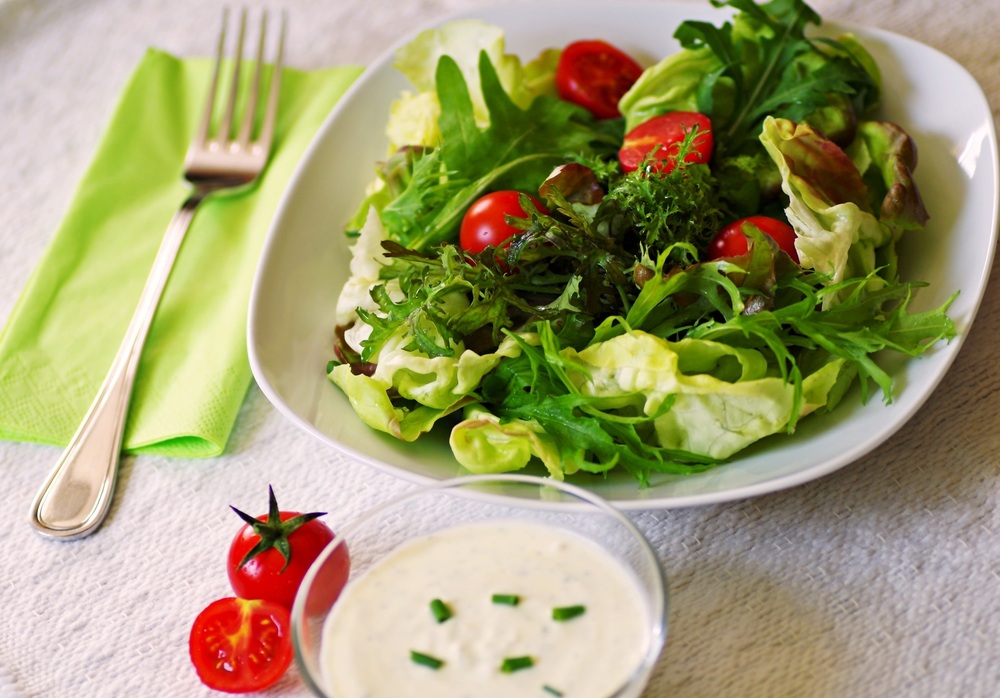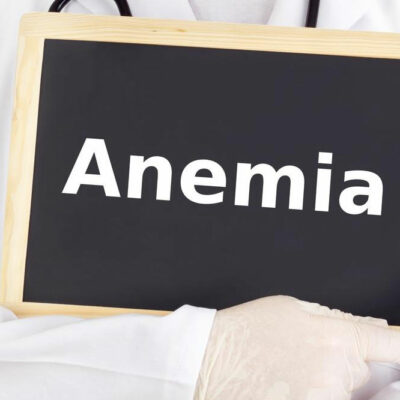
Simple Tips for an Ulcerative Colitis-Friendly Diet
Ulcerative Colitis is one of the many types of inflammatory bowel diseases that affect the digestive tract, mainly the stomach, small intestine, and large intestine. Its symptoms can result in prolonged periods of discomfort due to inflammation. However, it is possible to manage the frequent flare-ups of inflammation by making certain changes to your diet. Eliminating certain foods can reduce the risk of an inflammatory response by the digestive system. Check out the following dietary tips for ulcerative colitis
- Cooked food
Raw fruits and vegetables are a strict no-no if you suffer from ulcerative colitis. However, you can include cooked vegetables and processed fruits in your diet as foods don’t cause irritation or worsen the inflammation. Peeling and cutting fruits and cooking vegetables helps the digestive system to easily break down these foods for energy. Best choices include cooked veggies such as potatoes, eggplant, carrots, squash, pumpkin, and spinach. Apricots, ripe bananas, watermelon, cantaloupe, plums, peaches, and melons are good fruits to incorporate in a colitis friendly diet. It is best to avoid dried fruits. - Foods for remission
Remission is the phase where the symptoms generally subside. However, it is also when changes in diet and habits can lead to a relapse and result in flare-ups. Nutritionists recommend the following foods to ensure that there are no sudden inflammatory responses. In proteins, it is advisable to incorporate more lean meat cuts and fish rich in omega-3 fats. Assorted nuts are also a good source of protein. Unless otherwise advised by doctors, it is also okay to include fiber-rich foods like whole grains, barley, nuts, barns, and oats to help improve digestion. Probiotics help improve gut health by introducing healthy bacteria into the system. Kimchi, tempeh, miso, sauerkraut, and yogurt are excellent sources of probiotics. Follow these dietary tips for during remission to ensure healthy gut activity and digestive tract function. - Special diets
Doctors providing dietary tips for ulcerative colitis also recommend special diets that can help overcome discomfort. Popular options include the low-residue diet, Paleo diet, low-FODMAP diet, gluten-free diet, and Mediterranean diet. A low-residue diet features foods that are easy for the body to digest, putting less pressure on the gut. Paleo diet alternatively gives more emphasis on lean protein sources and eliminates the dependence on carbohydrates for energy. Foods in a low-FODMAP diet can trigger an intestinal reaction to produce more healthy gut bacteria. This diet mainly helps manage the discomforts associated with gas or bloating. A gluten-free diet helps people with common Irritable bowel diseases reduce the severity of the symptoms. A Mediterranean diet, on the other hand, does not necessarily restrict foods except for the consumption of red meats. In theory, foods in this diet can help manage inflammation. Note that a change in the diet must also be supplemented with healthy lifestyle changes for better results.


